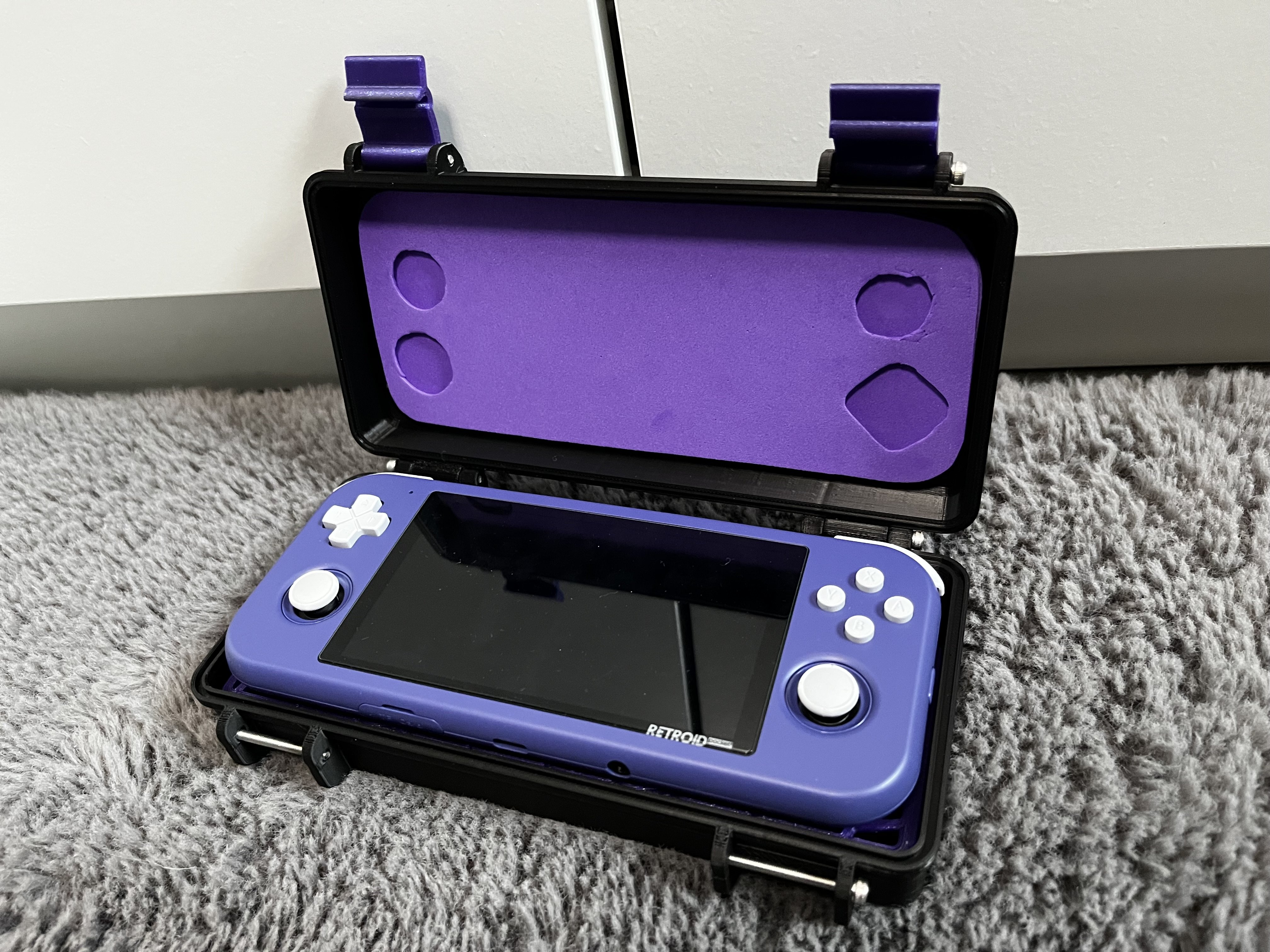Presumably so you’ll be forced to use their DNS, which lets them know what sites you go to. So thanks for that Shaw.
You could buy a cheap router, put your modem in bridge mode, and set the Wi-Fi SSID and password combo to be the same as your modem’s and none would be the wiser. Then you’d have control over your network. That said, if you have the same modem that I do (from shaw) a cheap router will not have the same performance as the one shaw provides. But a used UniFi WAP would outshine the shaw provided modem any day.
Unfortunately in this case privacy isn’t free.
I do this. But I don’t use the same wifi SSID/passwd.
Freedom is rarely free.
Yeah, I have a different SSID/pw too (several SSIDs with corresponding VLANs) but if OP is trying to do this covertly, this would help.
I also did this, I feel it’s better this way. Also the modem restricted me in so many ways. Now my cheap router gives me far more freedom and control. Forwarding ports, no problem. DNS change, no problem. Other SSID, no problem. A separate isolated SSID for visits, absolutely. And if a I change ISP I only have to connect the new modem and no need to change any of my devices.
deleted by creator
This is your best bet. Or if you’re not running a pihole (which you really should), you can manually configure TCP/IP on all your hosts.
You can usually set up which DNS server to use in the device settings of each of your devices. is more work but fixes it.
That would work for regular providers, but because I want to use a local Pihole instance, if a device doesn’t support setting different DNS servers for different networks, it would break as soon as I leave the house.
deleted by creator
I know, but the problem is that because it’s on a local IP, as soon as I leave my Wi-Fi network, some devices will fail to resolve DNS queries because they don’t have per-network DNS options.
I think you can set up your pihole with a VPN for remote use too.
I just searched and found this tutorial but there should be more around:
https://blog.crankshafttech.com/2021/03/how-to-setup-pihole-pivpn-unbound.html?m=1
Alternatively, you could try to set your ISPs router into Bridge mode and use another router as the main router.
You shouldn’t be using an ISP-supplied router anyway, right?
You don’t know what they’ve put in the firmware for remote management.
Even buying the same model router from a store to replace the ISP one would be preferable.
I know, but I live with my parents who don’t want to do that.
deleted by creator
In that case I would look into switching ISPs, or maybe connect another router and put the ISP-supplied one in bridge mode if possible.
why can’t you just set your custom DNS servers on each device? do they block DNS requests to servers other than their own?
Don’t worry, things will get awesome once Rogers has bought em out.
/s
Oh yeah, super excited about that /s
You can connect your own router and set the DNS server on that. They also can’t see all the devices on your network if they are all hiding behind another router.
Use static network configuration on your hosts, then you can specify your own.
Maybe as a workaround you could change the dns in your device’s settings. Not the prettiest solution, but should work. The advantage would be it then is used no matter what wifi your device is connected.
I just bit the bullet and bought my own router, put their piece of shit modem-router combo in bridge mode, and now I have much better control over my network.
You could buy a cheap router, put your modem in bridge mode, and set the Wi-Fi SSID and password combo to be the same as your modem’s and none would be the wiser. Then you’d have control over your network. That said, if you have the same modem that I do (from shaw) a cheap router will not have the same performance as the one shaw provides. But a used UniFi WAP would outshine the shaw provided modem any day.
Unfortunately in this case privacy isn’t free.
That’s what I went with. Also gave me an excuse to try one of those Wi-Fi 6 mesh systems which works pretty well.
Changing your DNS doesn’t stop your ISP seeing what sites you visit unless you use a VPN. DNS just resolves an address to an IP. Your requests (with destination IP attached) will still pass through their network gear and be able to be logged should they wish to.
You could use Adguard. It has a Deep Packet Inspection protection feature, though they claim it doesn’t work in all cases. Or, you could use a VPN like ProtonVPN and I assume you’d be able to set your own DNS then because it would all be tunneled and encrypted anyway, right? Have you tried Cloudflare’s DNS over HTTPS? It’s encrypted. How would the ISP know what it is?









